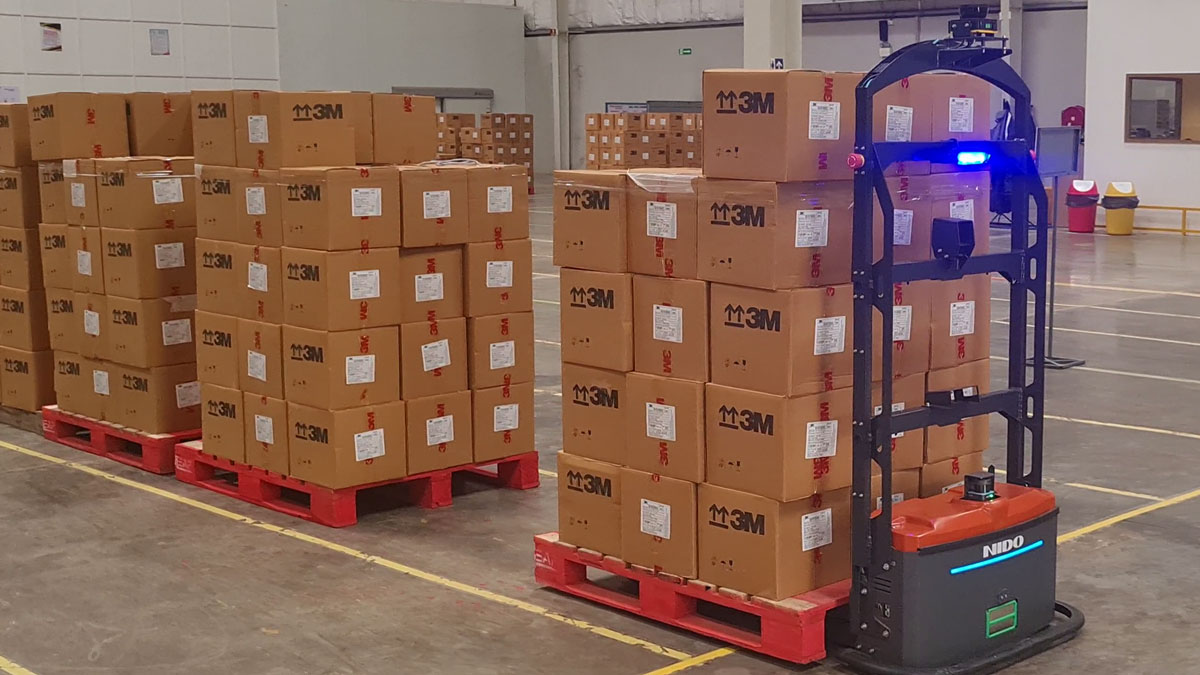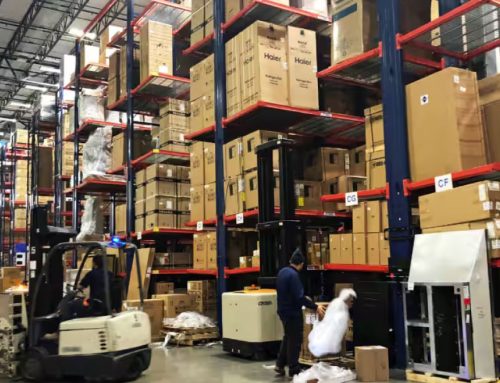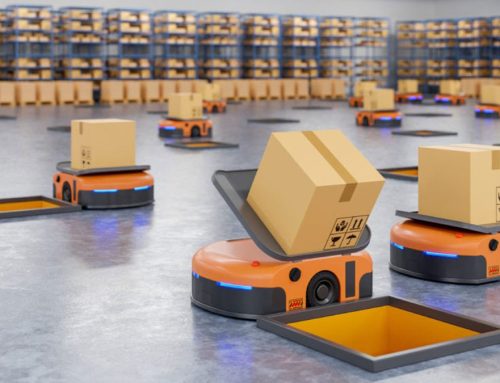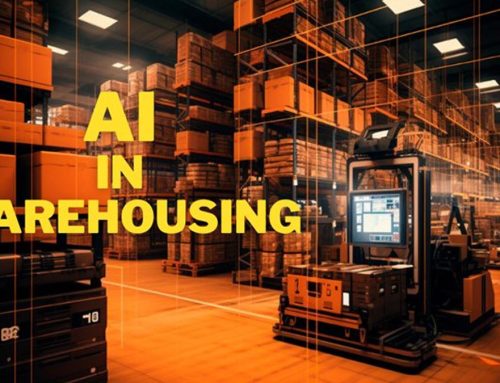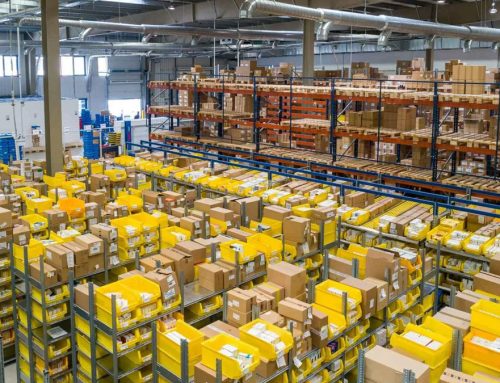In the fast-paced world of e-commerce, last-mile delivery has developed into a crucial battleground for those looking to satisfy customer expectations. Precise, timely, and error-free deliveries can lead to satisfied customers, while delays or mistakes can result in dissatisfaction. As the e-commerce landscape evolves, the integration of automation and robotics emerges as a transformative solution to overcome the challenges associated with last-mile logistics. Automation is at the forefront of this transformative shift and is actively developing solutions to redefine last-mile logistics and enhance efficiency.
Efficiency in last-mile logistics begins within distribution centers and warehouses. Robotic arms, conveyor systems, and automated guided vehicles (AGVs) are increasingly deployed to enhance order fulfilment speed. The use of robots in Indian warehouses is on the rise, recognizing their potential to improve operational efficiency. However, careful consideration of factors like existing infrastructure and workforce adaptability is crucial for successful integration.
Drones and other last-mile delivery technologies, such as autonomous delivery systems, enroute manufacturing, robotic stores on wheels, and delivery lockers, are emerging as promising solutions for the future of e-commerce. These innovative solutions are part of the vision for the future of e-commerce. Combined with the expertise, these can revolutionize delivery processes, making them faster, more cost-effective, and more reliable.
Major e-commerce retailers continue to innovate, pushing for fast delivery options. Consumer expectations for convenience, speed, and affordability have risen, placing substantial pressure on retailers’ bottom lines. Shorter delivery times have become a determining factor for online shoppers, influencing purchasing decisions.
The rise of automation has revolutionized e-commerce fulfilment, streamlining operations from order processing to shipping. Robotics, AI, and machine learning are examples of technologies have significantly improved efficiency, reduced errors, and enhanced overall productivity. Faster order processing, accurate inventory updates, and reliable shipping information enhance customer satisfaction and foster brand loyalty.
Technology-driven fulfilment systems empower e-commerce businesses to scale efficiently, adapt to fluctuating demand, and make data-driven decisions. Cloud-based platforms and on-demand warehousing solutions provide greater flexibility. Data analytics offer valuable insights into customer behavior, inventory levels, and shipping patterns.
Fulfilment centers equipped with automation technologies are becoming crucial for quick order processing in hyper-urban locations. These centers contribute to fulfilling the instant gratification needs of customers and form a significant part of automating the last mile.
While integrating automation technologies promises transformative benefits, it has challenges. The substantial initial investment, regulatory hurdles, safety concerns, and the essential role of human involvement in handling exceptions and customer interactions must be considered. The last mile is among the most expensive and challenging parts of the delivery process. The perennial debate on whether customers are willing to pay for deliveries and returns has led companies to seek ways to optimize, automate, and reduce the cost of last-mile delivery. Challenges like training and retaining last-mile delivery executives are addressed through automation, reducing dependency and minimizing errors.
Last-mile delivery automation is the final piece of the puzzle in the rapidly evolving world of e-commerce. Whoever successfully solves this puzzle stands to gain the greatest advantage. While challenges exist, the integration of automation and robotics holds the key to shaping the future of last-mile delivery, offering businesses the opportunity to enhance efficiency, reduce costs, and meet the ever-growing expectations of online shoppers. The journey toward an automated last mile is not without obstacles. Still, the rewards in terms of customer satisfaction, operational excellence, and market leadership make it a strategic imperative for e-commerce players worldwide.
Nirav Doshi, Founder and Managing Director, NIDO Group

